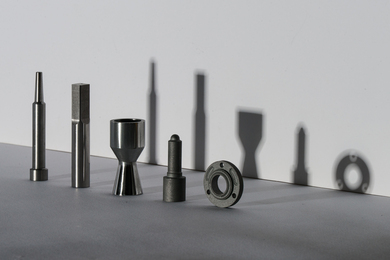USING CHINA'S COAL IN CARS
Chinese policymakers face a bewildering array of options as they consider using their vast coal deposits to fuel vehicles. Coal can be used to produce gasoline, methanol or electricity. But each of those fuels has its advantages and disadvantages. MIT researchers and their Chinese and American collaborators have now estimated how shifting from petroleum to each coal-based fuel would change consumer costs, environmental impacts and energy efficiency.
Their life-cycle analyses included the complete history of each type of fuel and vehicle, from extraction of raw materials through production, use and disposal. As expected, changing to any of the coal-based fuels would reduce efficiency, increase carbon dioxide emissions and cost more. However, the added cost is a relatively small fraction of the total cost of owning a vehicle -- except in the case of electricity, which is prohibitively expensive unless batteries improve dramatically. Effects on emissions other than carbon dioxide vary from fuel to fuel.
This type of comprehensive assessment represents a methodology that can also be used to compare technology options in other fields. MIT's part of the work, supported by the Ford Motor Co., was coordinated by Malcolm Weiss of the Energy Laboratory.
A version of this article appeared in MIT Tech Talk on December 10, 1997.




